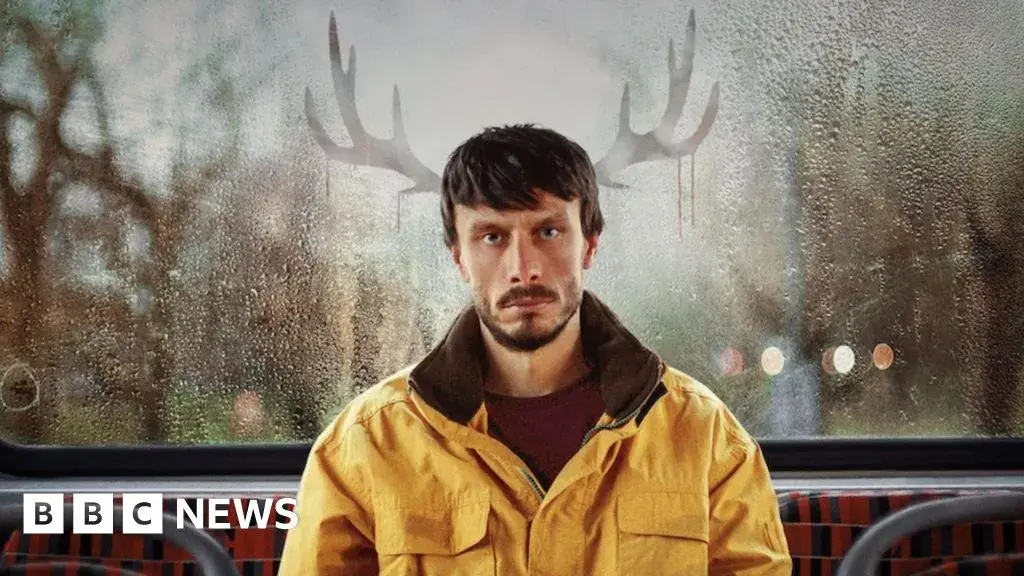Netflix is starting to raise prices in some countries as growth spurred by its crackdown on password sharing starts to fade.
The film and TV streaming giant said it had already lifted subscription fees in Japan and parts of Europe as well as the Middle East and Africa over the last month.
Changes in Italy and Spain are now being rolled-out.
In its latest results, Netflix announced that it had added 5.1 million subscribers between July and September - ahead of forecasts but the smallest gain in more than a year.



Yeah, but I’ve yet to see a detailed alternate proposal. When people talk about anarchism it gets really handwavy really fast, and the other kind of socialism has history of being vapourware.
… or gulagware.
No, vapourware. If their thing worked but also had remote prisons this would be a totally different (and ethically abstract) conversation, so that’s not the important detail.
In practice, their thing didn’t work, and still ran on market-style money transactions, albeit with multiple currencies and a lot of random red tape. And then a huge unofficial market cropped up as well to close the gaps from it not working.
What kind of details can you not fathom in a functioning sustainable system? It shouldn’t be more difficult than “more! MORE AT THE EXPENSE OF EVERYBODY ELSE!”
I’m having a bit of trouble following that. Are you anti-socialism and complaining that it’s just stealing, or pro-socialism and asking me what details I’m missing?
I am pro socialism and asking what kind of details is missing in pro-socialist arguments that you find capitalists explain well?
Modern industrial economies are really complicated. I like trains. To make trains, you need parts, labour, equipment and power. They themselves need to be made, which uses parts, labour, equipment and power, and meanwhile you have competing uses of all those things for making, I dunno, printing presses, or for completely different things like farming or art curating. If you drew it all out as a diagram it would get super interconnected super fast.
Meanwhile, even a simple binary choice like which of two lots a rehab center should go on can be very politically complicated. Anarchists like to handwave it away with “we’ll figure it out together”, and I really don’t find that convincing.
Markets offer a system that’s proven to work insofar as if you need to buy a train or a hair clip or lunch someone’s always selling it. How do you guarantee that, or something similar?